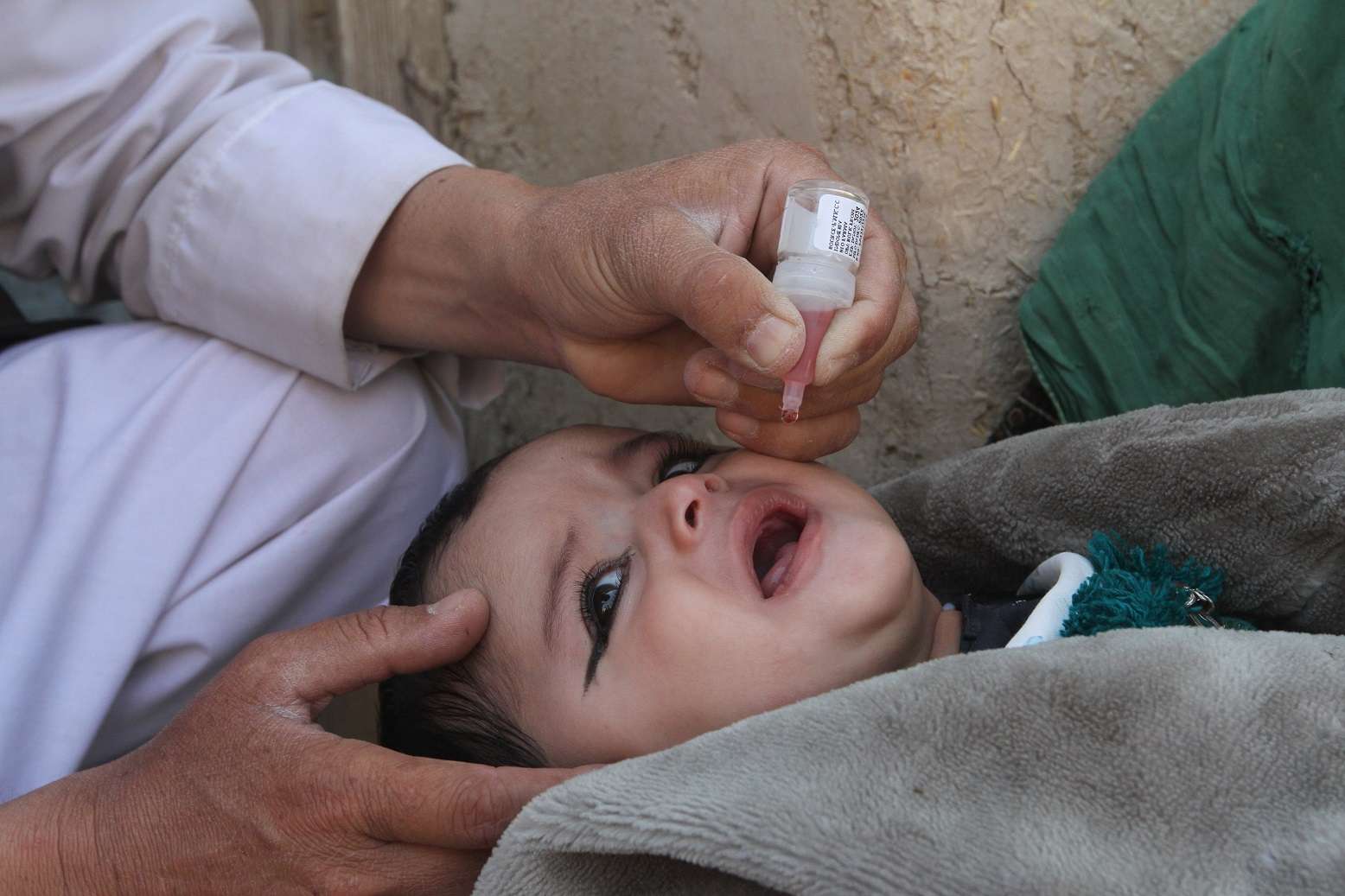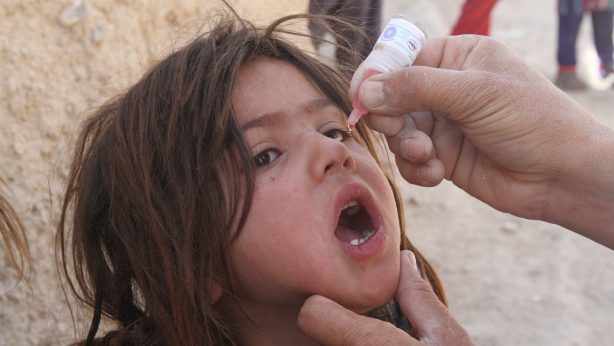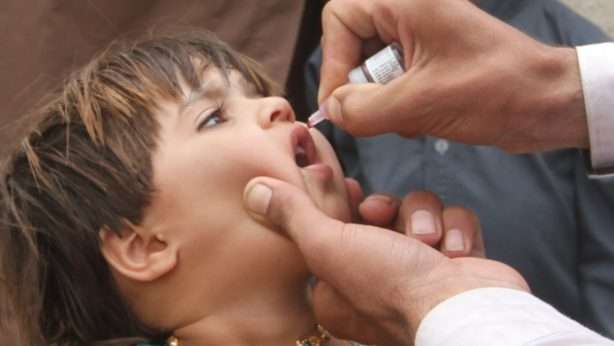A third polio case is also recorded in Nangarhar

Kabul, Afghanistan – Another polio case has been recorded in eastern Nangarhar province, bringing the total number of polio cases this year to three.
The child infected with polio is a two and a half years old boy and is a resident of Landi Mosque village in the Nazyan district of the province.
In this regard, a press release issued by the Ministry of Public Health states that Nangarhar and the eastern zone of the country, as a whole, are facing a high risk of polio.
This is due to previous instances of environmental poliovirus and the confirmed presence of the virus in contaminated water and polluted surroundings.
The source further states that in the Nazyan district, where the new case is recorded, the public health services and hygiene of the people has been found to be inadequate.
The press release denotes that the poliovirus can survive in contaminated environments. When children play in such environments, they are at risk of being exposed to the virus and becoming infected. Unfortunately, Polio disease has no cure. Consequently, some children may suffer permanent paralysis or even lose their lives as a result of the infection.
According to the press release, Dr. Qalandar Ibaad, the Minister of Public Health, has acknowledged the recent progress in polio eradication efforts. However, in light of the recent cases of polio in the eastern region, he has instructed the relevant health institutions to enhance and expedite vaccination activities.
The aim is to prevent the spread of the poliovirus and ensure the protection of children from this hazardous disease.
Furthermore, Dr. Nek Wali Shah Momin, director of the National Emergency Operation Center, expresses his sorrow over the new polio case and highlights that Afghanistan conducted 12 polio vaccination campaigns in 2022, marking the highest number of campaigns in the world.
He asserts that despite receiving the vaccine at all stages, these children infected with polio demonstrate that the disease cannot be entirely prevented by vaccination alone.
He added, “Vaccination alone is not enough, in addition, efforts should be made to strengthen routine practices, it is crucial to provide facilities for hygiene as many families lack access to clean water, malnutrition is worsening day by day, measures must be taken to prevent malnutrition, as it is caused by various factors, including poverty and international sanctions, access to basic health services in remote areas is also limited, without access to such services, it becomes challenging to prevent the spread of polio in these regions.”
In addition to this, he emphasized the importance of raising awareness, as he believes it plays a crucial role in preventing polio.
In the current year 2023, a total of three polio cases have been reported in the country, and all of them are located in Nangarhar province.
Prior to the current year, a total of 56 polio cases were recorded in the country in 2020, followed by 4 cases in 2021, and 2 cases in 2022.
The polio eradication program in Afghanistan is making serious efforts to enhance surveillance in the eastern zone, as well as other zones across the country, utilizing various methods. Their objective is to provide polio vaccine coverage to all children, ensuring the elimination of the polio virus. They are committed to leaving no gaps in their efforts to keep children safe and prevent future cases of this disease.
Additionally, there is the consideration for implementing specific or response campaigns targeting polio cases, in addition to general and sub-campaigns. The aim is to effectively prevent the virus from spreading further.


